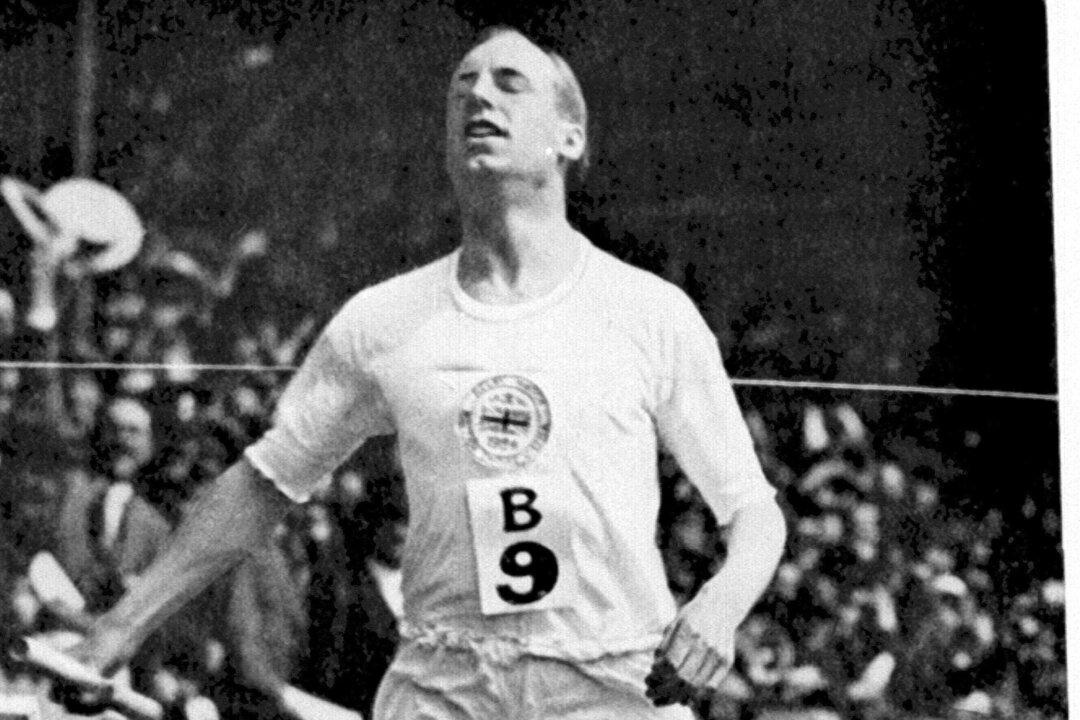Commentary
It was March 29, 1982. As the multitude of stars arrived for the 54th Academy Awards, expectations, as always, were high.

It was March 29, 1982. As the multitude of stars arrived for the 54th Academy Awards, expectations, as always, were high.